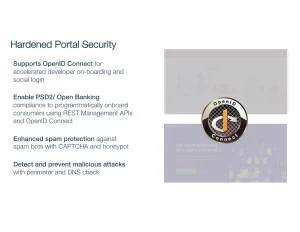Common Money Mistakes and How to Avoid Them

Everyone makes mistakes with money, but understanding how to avoid them can be life-altering. With awareness, preparation and planning, you can reduce your risks for future financial success and put yourself on a path toward financial security.
One common misstep people make is not creating a budget. A monthly plan can help you keep tabs on their spending and guarantee they don’t spend more than they earn.
1. Failing to Create a Budget
One of the most frequent money errors is failing to create a budget. Budgeting is essential for developing good financial habits and saving money for retirement.
Maintaining a budget allows you to pay your bills on time and keep an eye on spending. Doing this helps avoid overspending or building debt that could make it difficult to save for the future.
Budgeting can be tricky for a variety of reasons, such as starting a new job or decreasing income. To ensure success with your budget and prevent future issues, it’s essential to identify why it isn’t working and how to fix them.
2. Not Taking Advantage of Free Money
Most of us have never received formal financial education until now, but the good news is that with a little knowledge and forethought you can go a long way. Start by recognizing your weaknesses and developing strategies for successful financial future. It may be time to cut the cord on credit card debt and start saving for retirement; using credit cards for everything can have negative repercussions in the long run. It’s best to start small with an effective budget plan as well as an organized debt repayment strategy; this will help you avoid costly fees on credit cards while decreasing credit limits too!
3. Not Having a Savings Account
Many Americans may be shocked to know that an overwhelming majority of people lack savings accounts – particularly among younger millennials and Gen Xers.
Maintaining an emergency fund is one of the most critical financial decisions you can make, as it provides protection from unexpected expenses.
A great way to organize your finances is setting up automatic transfers from your paycheck into a savings account. Doing this makes it simpler for you to remember where the money goes towards achieving future objectives.
Your savings account can serve as a rainy-day fund to draw from when unexpected expenses come up. This could be beneficial for large or small items like car repairs and medical bills.
4. Not Taking Advantage of Credit Cards
Everyone makes money mistakes, but those don’t have to lead to financial disaster. By avoiding them, you can turn those bad habits into positive ones that lead to financial freedom and security.
Credit cards can be a great way to get rewards and free money, but they also have the potential to become an expensive trap if not used responsibly. Avoid this by charging only what you can afford and paying your bill in full each month.
You can help yourself out by setting up a savings account specifically for credit card payments, so that it becomes harder to succumb to temptation. Even taking the card away and not using it until full payment has been made works if you tend to use your cards repeatedly and want to take control of your finances. This strategy works great if you find yourself using cards frequently without thinking twice.
5. Failing to Save for Retirement
Unfortunately, many Americans have failed to save enough money for retirement – especially those from middle class backgrounds.
That is why it is essential to start saving as much money as possible, and do so early. Doing this will guarantee your finances can sustain you during your golden years.
Setting money aside for emergencies can be a wise idea. Doing this helps you avoid the financial pitfalls of running out of funds and having to turn to credit cards as a last resort.







